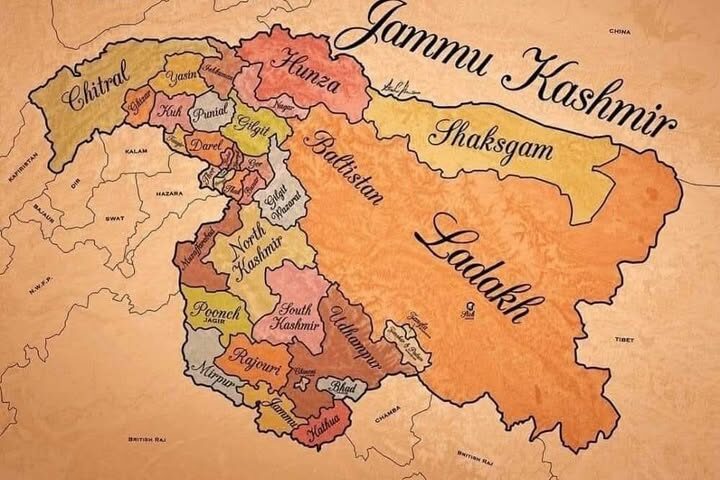When Time Loses Its Blessing, the Sweetness of Life Vanishes
By: Waris Nissar
In an age of speed and progress, humanity has gained convenience but lost calm. Life now moves fast, loud, and restless — leaving hearts searching for peace once known to generations before us. Time once felt gentle. Days carried peace, and even simple living held meaning.
Our elders often spoke of that sweetness of time — a calmness that gave life depth and value. Today, despite all progress and connection, peace feels distant, and moments slip away unnoticed.
The Prophet Muhammad ﷺ foretold this loss long ago: “A time will come when years will pass like months, months like weeks, weeks like days, and days like hours.”(Jami‘ at-Tirmidhi, 2332)
This Hadith is not merely about time moving quickly — it speaks of barakah (divine blessing) fading from our lives.
The Signs Around Us:
The world now mirrors many of the signs described in Islamic teachings. Immorality spreads openly, dishonesty weakens trust, and family bonds are breaking. Modesty fades while arrogance grows. Violence has become ordinary — even a daily news headline — and compassion rare. Leadership often serves power, not responsibility, leaving the deserving unheard.
The Prophet ﷺ also warned: “When immorality appears among a people to such an extent that they openly commit it, plagues and diseases will spread among them which were never known to their ancestors.” (Sunan Ibn Majah, 4019)
We see this today — new illnesses and emotional struggles unknown to earlier generations. We build grand houses as if we’ll live forever, yet our hearts grow emptier. Mosques stand beautifully built but often half-filled. These are not random changes but signs of weakened faith and rising materialism. And greater trials still await.
When Marriage Loses Its Simplicity:
One of the clearest reflections of this age is how Nikah — once simple and blessed — has become heavy with extravagance. What Islam made easy, society made difficult. Lavish customs, dowries, and social show have replaced sincerity.
The Prophet ﷺ said: “The most blessed marriage is the one with the least expenses.” (Musnad Ahmad, 24529)
Religious clerics and community elders bear great responsibility. They must refuse to perform or attend marriages that violate the Sunnah and guide people toward modest, faith-based unions. If communities boycott extravagant ceremonies, it will restore ease and purity — helping youth who fear financial and social barriers to marriage.
When Words Fail to Change Hearts:
We read the Qur’an and listen to scholars, clerics, and speakers — yet our hearts remain unmoved. We all know what’s right and wrong, but the message seldom reaches within.
In every sermon, we hear reminders of what to do and avoid. Still, people ask why it doesn’t work. The answer lies with us — the listeners. Hearing alone changes nothing unless we act. Our hearts are like glasses filled with dirty water; if we pour clean water without emptying the old, it stays impure. When hearts are full of ego and greed, divine wisdom finds no space. Change begins with cleansing from within.
A Fleeting World:
We chase wealth, success, and fame — forgetting how short this journey truly is. Just as spring’s flowers fade into autumn’s dust, life too will end, leaving only our deeds behind.
The Prophet ﷺ said: “The value of this world compared to the Hereafter is like when one of you dips his finger into the sea; let him see what it returns with.” (Sahih Muslim, 2858)
Returning to Meaning:
The fading sweetness of time is not the end — it is a divine reminder to pause and return to what truly matters: faith, gratitude, and compassion. When we remember Allah, live honestly, and treat others with humility, life regains its lost warmth. Because peace never comes from speed or success — it comes from sincerity and self-correction.
“Indeed, Allah will not change the condition of a people until they change what is within themselves.” (Surah Ar-Ra’d, 13:11)
As Shams Tabrizi beautifully said: “All of us are selective sinners. We choose the sins we are comfortable with, and judge others that commit the ones we’re not comfortable with.”
If we begin by correcting ourselves instead of condemning others, perhaps the blessing of time — and the sweetness of life — will return once again.



